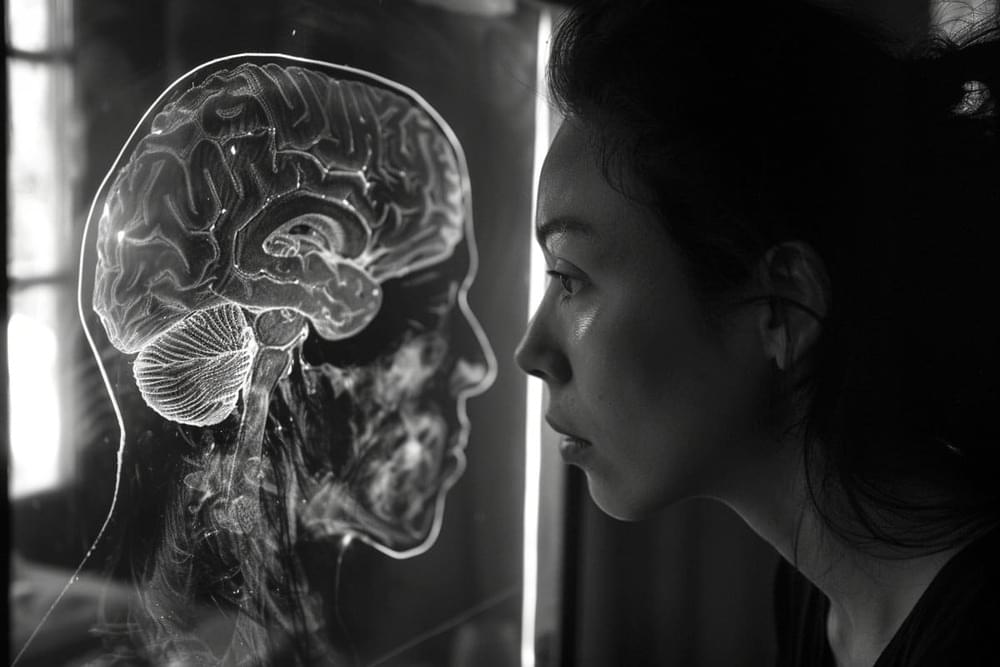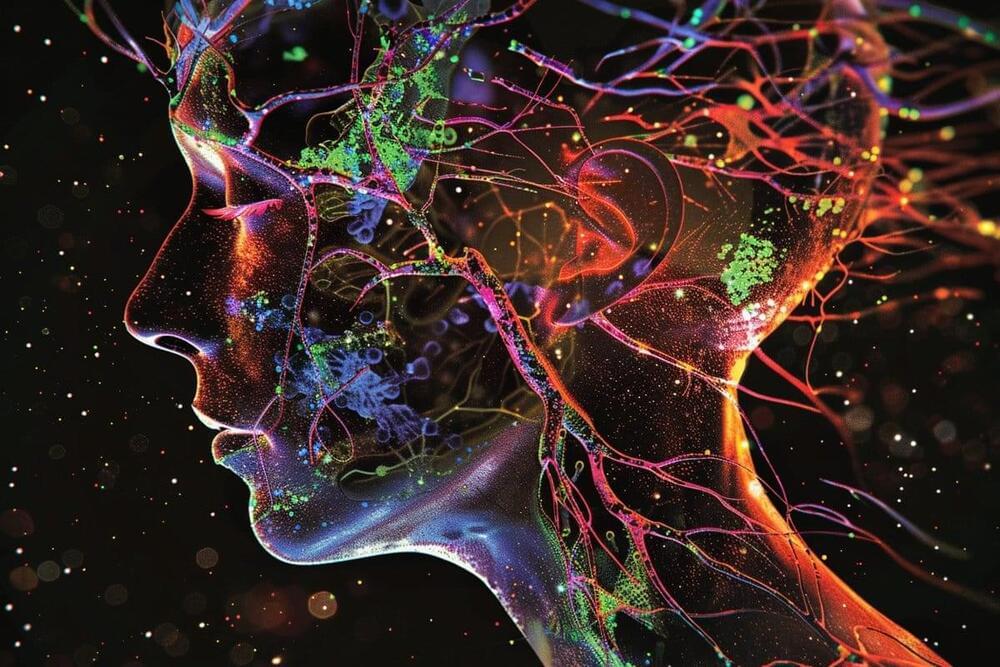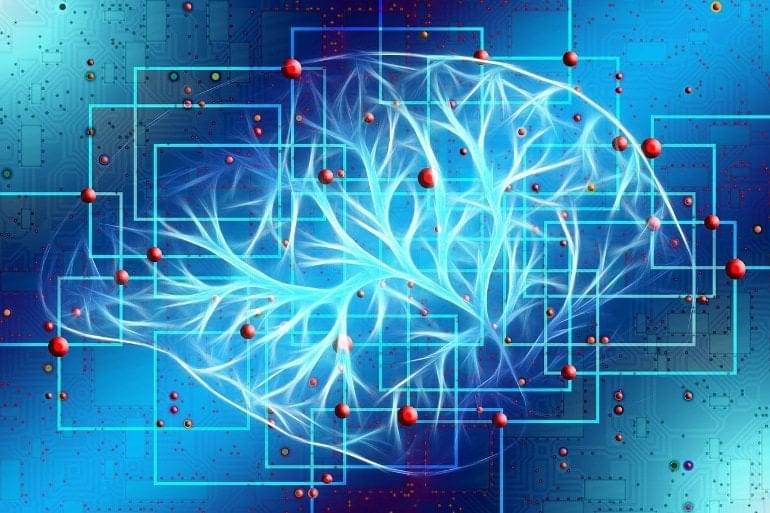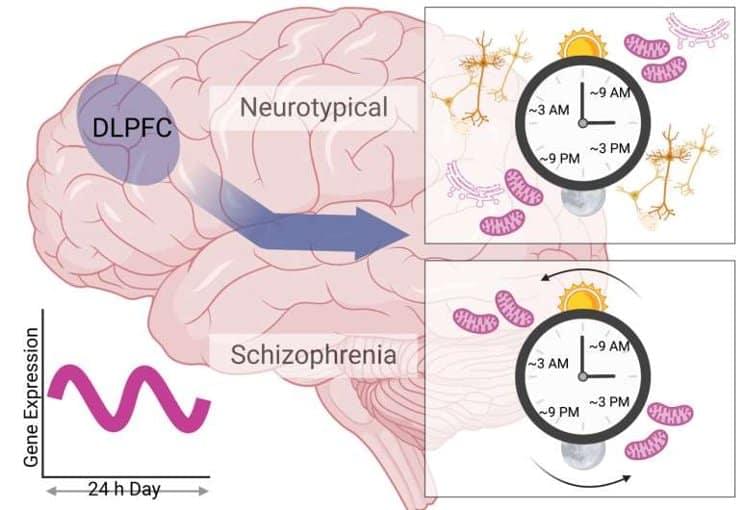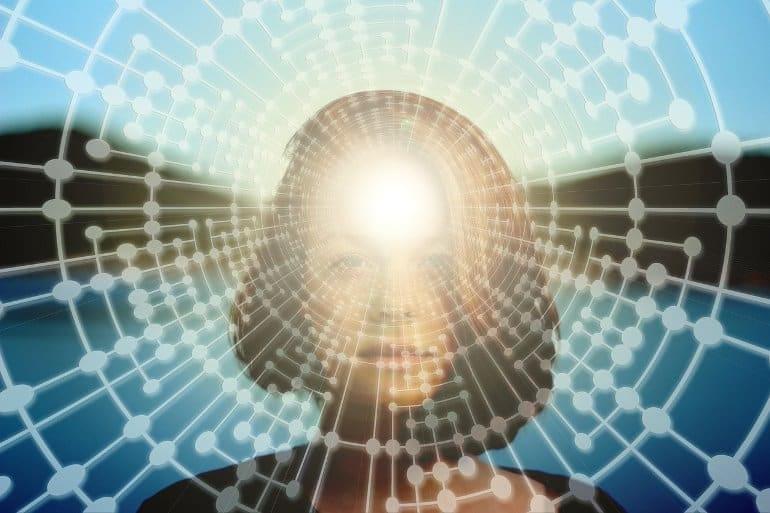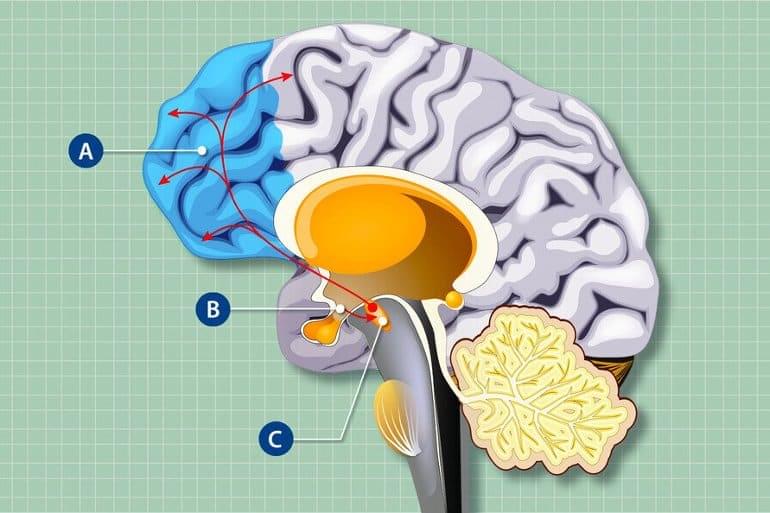Feb 26, 2024
Ultrasound Brain Stimulation: A Significant Leap in Neurotherapy
Posted by Dan Breeden in category: neuroscience
New research conducted by a team led by Dr. PARK Joo Min of the Center for Cognition and Sociality within the Institute for Basic Science (IBS) unveils a novel technique that could transform the treatment landscape for brain disorders.
The team developed a non-invasive brain stimulation method called Patterned Low-Intensity Low-Frequency Ultrasound (LILFUS), which holds tremendous potential for inducing long-lasting changes in brain function.
